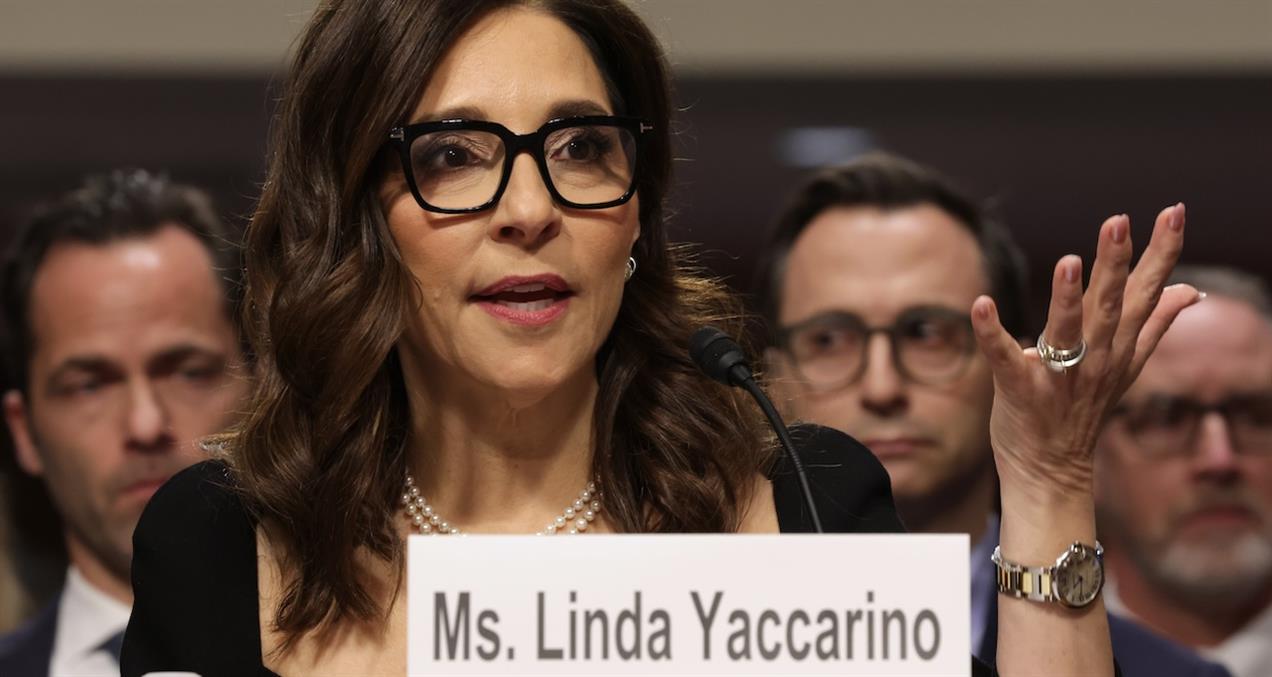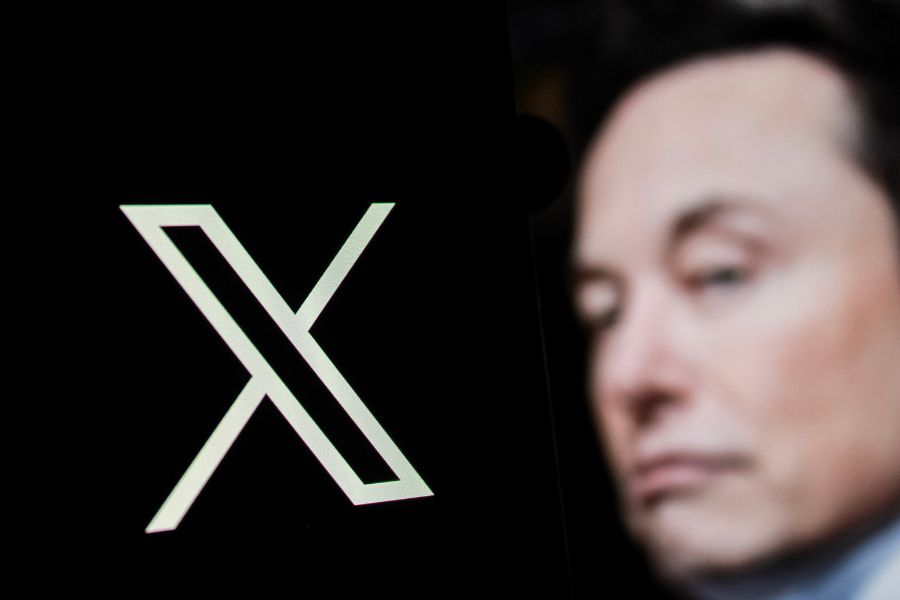Twitter is facing tough times with Dick Costolo stepping down, active user growth flattening out and profitability still some way off. These are interesting times because as the former chief executive steps down, the Twitterati just keep on rolling.
The fortunes of the platform overall and those of the most influential accounts seem to be heading in opposite directions.
Records continue to be broken for the fastest and largest follower growth for individual users, and these kinds of precedents (anecdotally) seem always to be listed alongside the earnings and commercial figures of these power users.
I'm sure (if privately) most celebrities and super users would admit that Twitter was an invaluable weapon in their media arsenal and one that is wielded across the negotiation table when the topic of sponsorships and endorsements arise.
It seems almost unfair that others profit so substantially from Twitter while the platform itself does not. If you are influential enough on the platform, it is a licence to plug products, brands and yourself without Twitter necessarily earning a penny from this exposure.
Historically the celebrity/tabloid relationship is a pretty easy one to understand. Celebs trade exclusivity or faux-exposes in exchange for the media printing stories, selling papers and earning revenue from the advertising this attracts.
These relationships have been stretched to near-breaking point at times but it's still pretty easy to see what the trade is.
Not so for Twitter. Granted, when Twitter storms and major trends hit their peak, Twitter certainly benefits from the engagement, since new and existing users sign up or log in their droves to get blow-by-blow updates. But what isn't quite so clear is how Twitter should monetise these events.
Celebrity-focused magazines sell incredible numbers of copies for exclusive interviews, wedding photography and exposés (and pay handsomely for the privilege), whereas Twitter pays nothing and most likely gets nothing in return.
On a day-to-day level, Twitter seems to be the go-to platform for news agencies breaking stories, celebrities baring all and professional complainers — sorry, I mean "campaigners" — but without the necessary tradeoff that a large-scale revenue-driving advertising model provides.
Whereas tabloids only give column inches for a story, Twitter also allows its power users to build a follower base, which the celebrity/broadcaster/campaigner then "owns" for their own personal communications, seemingly in perpetuity.
The problem seems inherent in the way that Twitter helps brands builds relationships that it then can't control. Celebrities build fan bases for one purpose — because fans lead to influence and lucrative contracts.
Brands and advertisers are bypassing Twitter altogether in many cases, simply paying these influencers directly for endorsement messages or ‘native’ advertising opportunities.
Twitter should think seriously about the value it is creating and how this value should be allocated. Why not establish a celebrity account fee and monthly charge based on followers?
If the New York Times announces a story on Twitter that leads to page views, then clearly these page views are worth something.
A tie-in with ad-serving companies would be pretty straightforward and might allow Twitter to take a revenue share.
Stranger things have happened and Twitter needs to think beyond its existing advertising model and realise that it owns more than eyeballs – it owns relationships.
Martin McNulty is CEO of Forward3D.
This article first appeared on campaignlive.co.uk.




